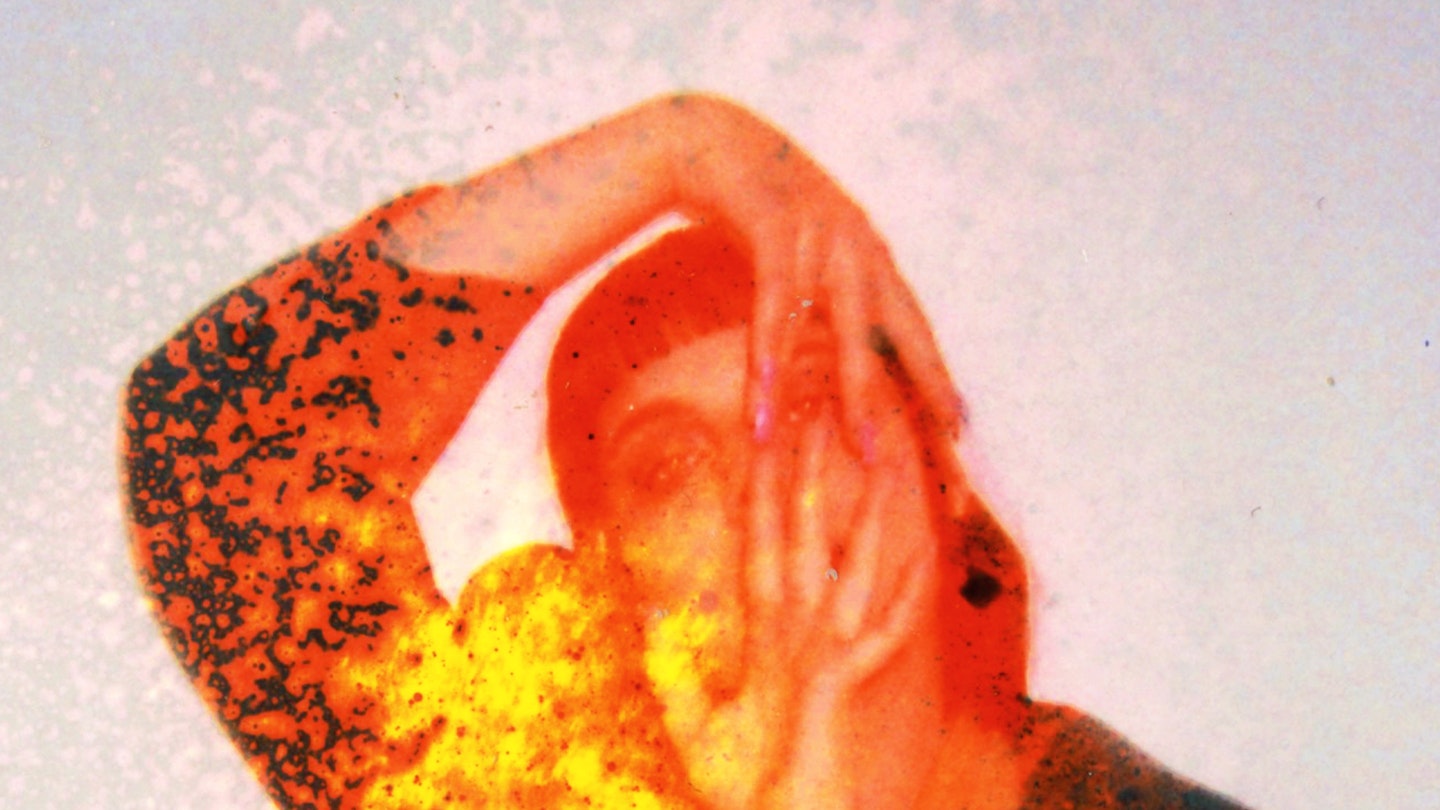It’s 8am. My alarm went off nearly half an hour ago, but I am lying in bed paralysed with guilt and completely unable to face the world. Why do I feel guilty? Oh, where to begin. I work too much, I don’t work enough. I’m too nice, I’m not nice enough. I spend too much time with my boyfriend, I don’t spend enough time with my boyfriend. I never see my friends, I go out too much. I shouldn’t have posted that thing about a big work achievement in Instagram, I look like a dick; I really need to start posting more about work on social media, I don’t do it enough. This cycle of guilt spirals around my mind, my thoughts spinning in a whirlpool of self-doubt and self-loathing until I start feeling guilty about the fact that I feel guilty.
In short, I feel guilty often (if not all the time) about more or less everything.
Studies suggest that, on balance, women are more likely to feel guilt than our male counterparts. And, as this study from researchers at the University of the Basque Country in Spain found, when we experience this emotion we feel it more strongly than men to boot. Interestingly, Itziar Etxebarria, who led this particular study, noted that while young women exhibit ‘more intense feelings of guilt’ than men, we also show ‘the highest scores for interpersonal sensitivity’. She hypothesised that this was because young women are social conditioned to feel guilty, because there was no real physiological or evolutionary reason for the guilt gap she had uncovered.
My boyfriend rarely seems to feel guilty about anything. He stands by his choices, he commits to them and seems to devote little thought to his decisions once they are made. I doubt he has ever worried about his success and feels guilty when he earns more than me, goes away for work or doesn’t have time to put the washing on because he’s too busy. I, on the other hand, often find guilt grating away at my very existence.
So, perhaps there’s something in the idea that women are socialised to feel more guilt than our male colleagues, partners, relatives and friends. When my friends talk about their ‘anxiety’ I sometimes wonder whether they are really talking about their guilt and who could blame them? Women’s guilt is, in the hands of marketers and advertisers, a powerful commodity. If tapped into correctly, it can make us feel guilty enough to part with our cash.
Indeed, there is an entire article in Marketing Weekdevoted to ‘the guilt appeal’ which elevated ‘guilt marketing’ as a ‘tried-and-tested tactic to affect consumer behaviour’. From environmental issues to gym memberships and supposedly ‘guilt free’ low calorie options, they say, guilt motivates consumers to change their behaviour and, ultimately, spend.
Professor June Price Tangeyis an expert on guilt, she quite literally wrote the book on it. The primary focus of her research has been looking at how people who have committed crimes experience guilt and shame. She explains that, in these circumstances, guilt plays an important role in personal evolution and reparation to those who a person has wronged.
She explains to *The Debrief *that, in some circumstances, guilt can be a very useful social emotion which has tangible benefits to society. ‘The case is pretty clear’ she says ‘generally speaking, when a person has truly transgressed or failed, then, taking responsibility and focussing on their behaviour seems to leave the door open to making things right.’ This, she says, manifests as ‘confessing, apologising and, in some way, repairing.’
What happens when your guilt is more inchoate, a general malaise and not the result of something you’ve actually done or said to another person? ‘My research has focussed primarily on rational guilt’ Tangey explains, ‘what you’re describing is guilt when, really, you have done nothing wrong. That’s misplaced guilt, it’s feeling guilt about things that you really have no responsibility for and my guess is that women are more likely to experience this than men.’
**READ MORE: The Debrief Investigates - Hormonal Contraception And Mental Health **
Debrief Mad About The Pill Stats
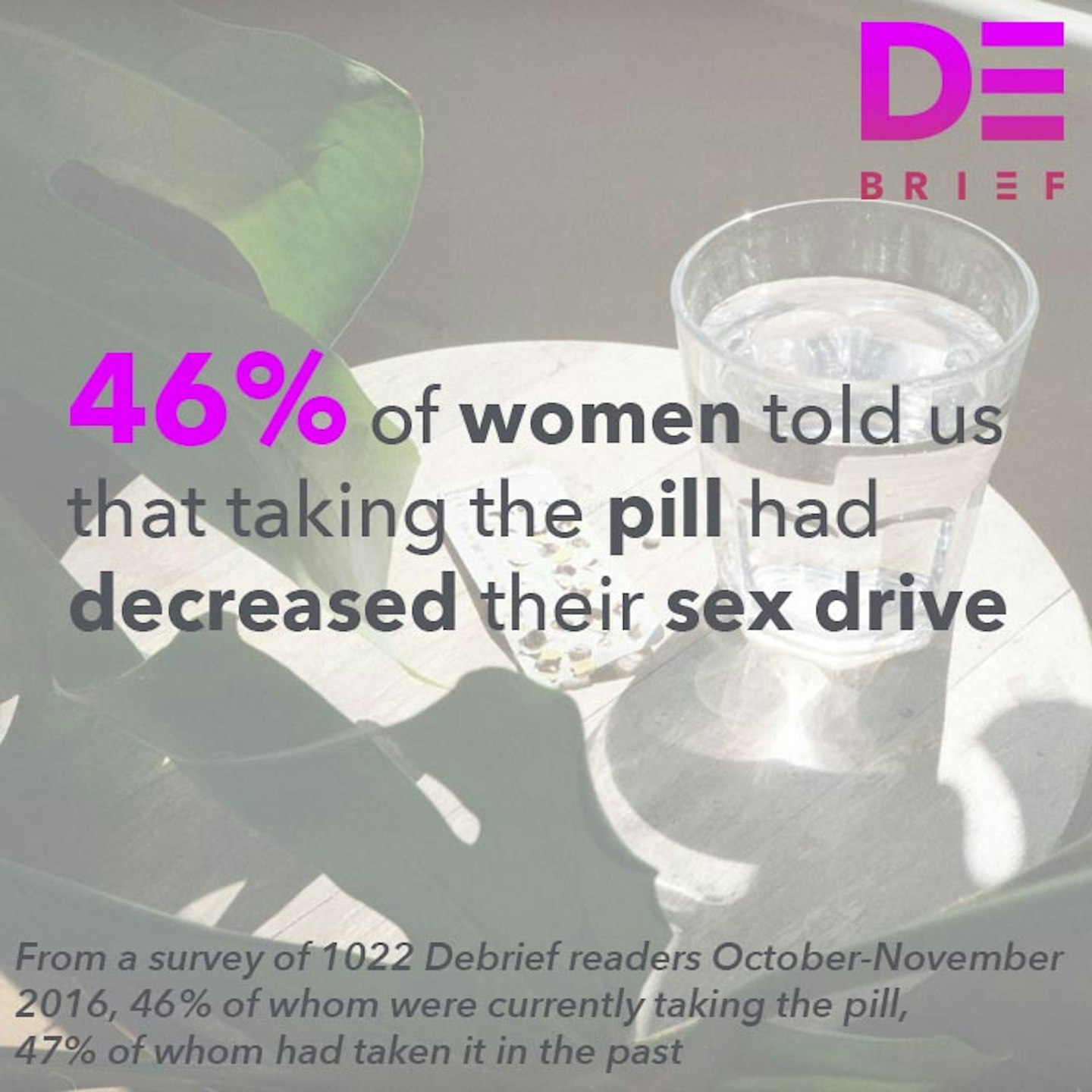 1 of 9
1 of 9Debrief Mad About The Pill Stats
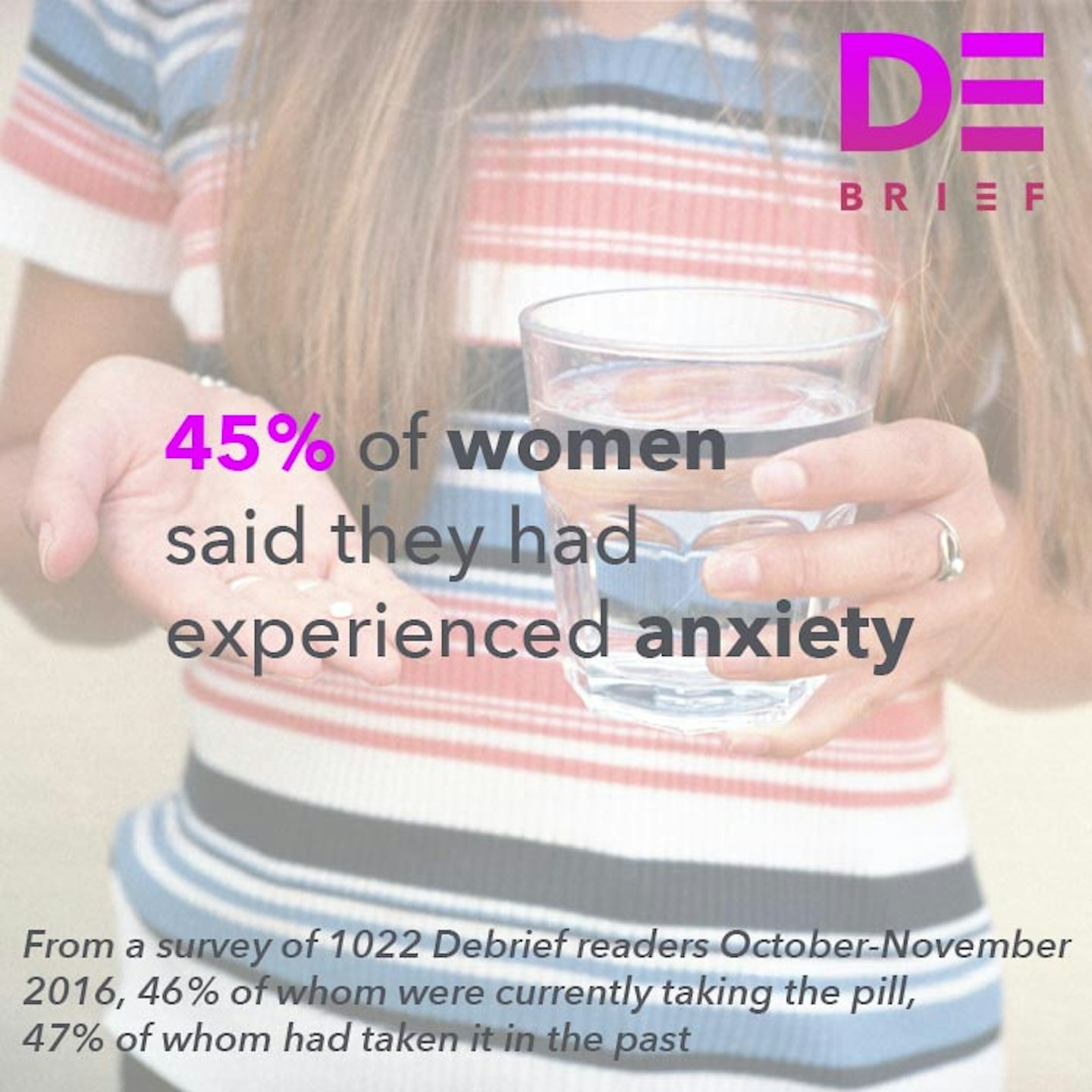 2 of 9
2 of 9Debrief Mad About The Pill Stats
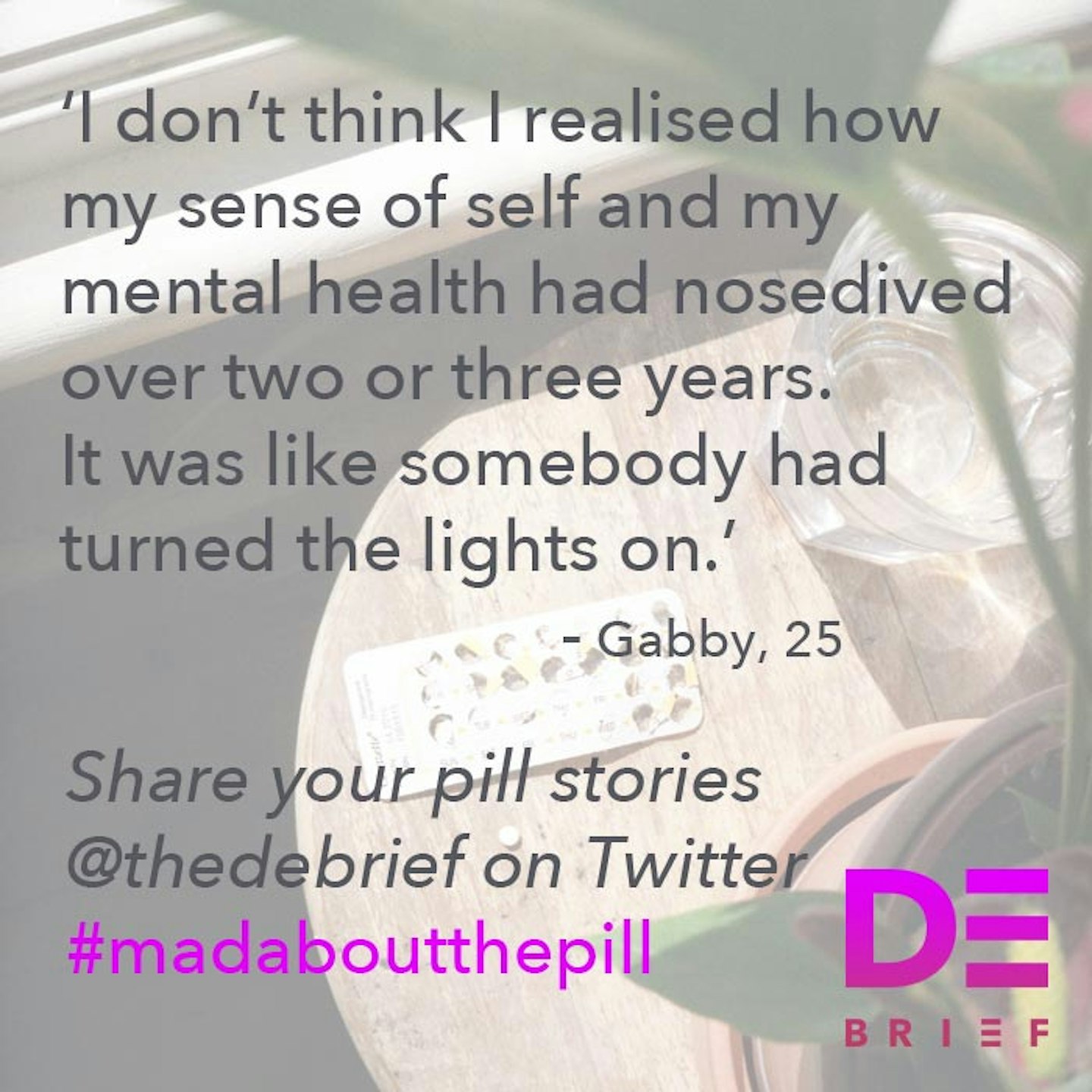 3 of 9
3 of 9Debrief Mad About The Pill Stats
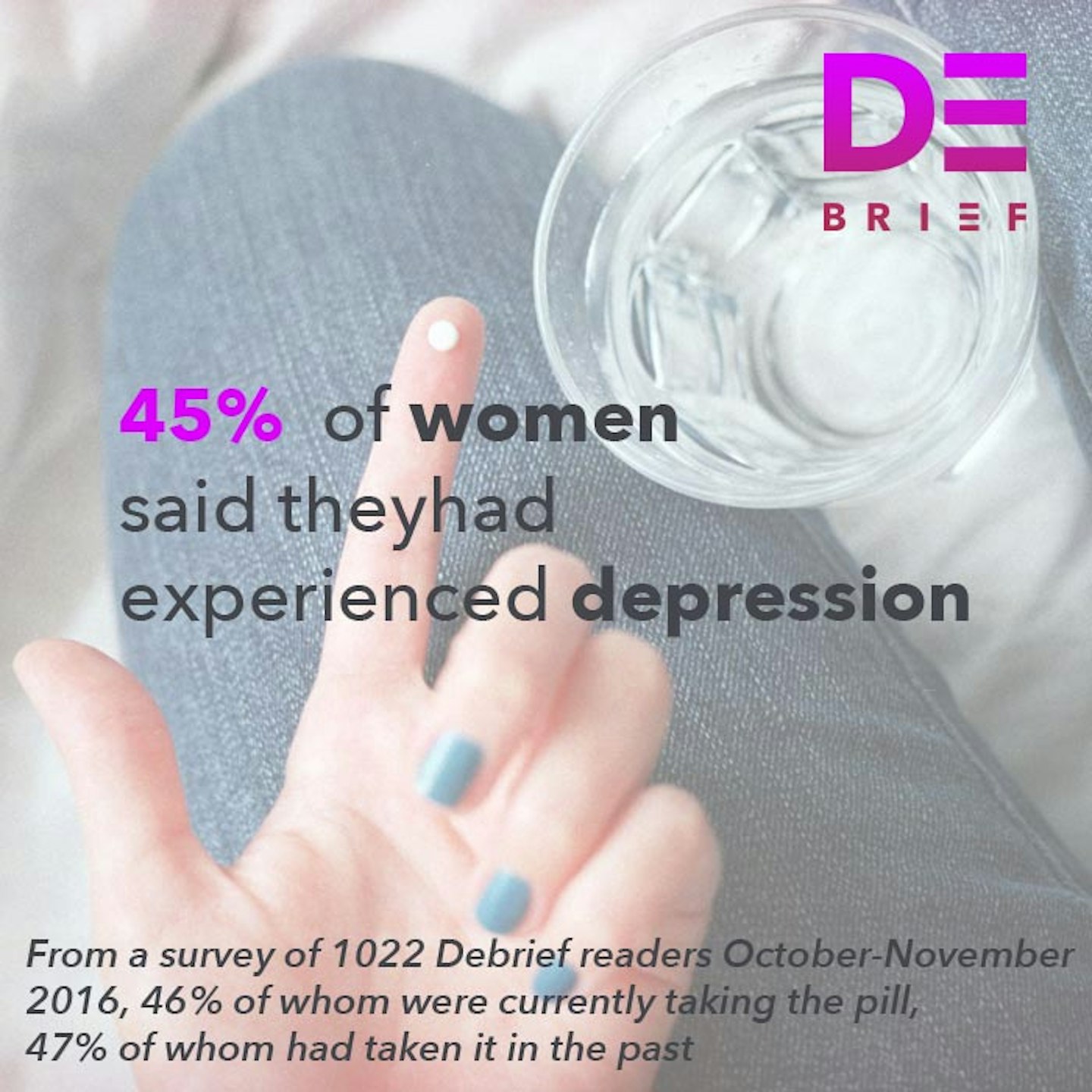 4 of 9
4 of 9Debrief Mad About The Pill Stats
 5 of 9
5 of 9Debrief Mad About The Pill Stats
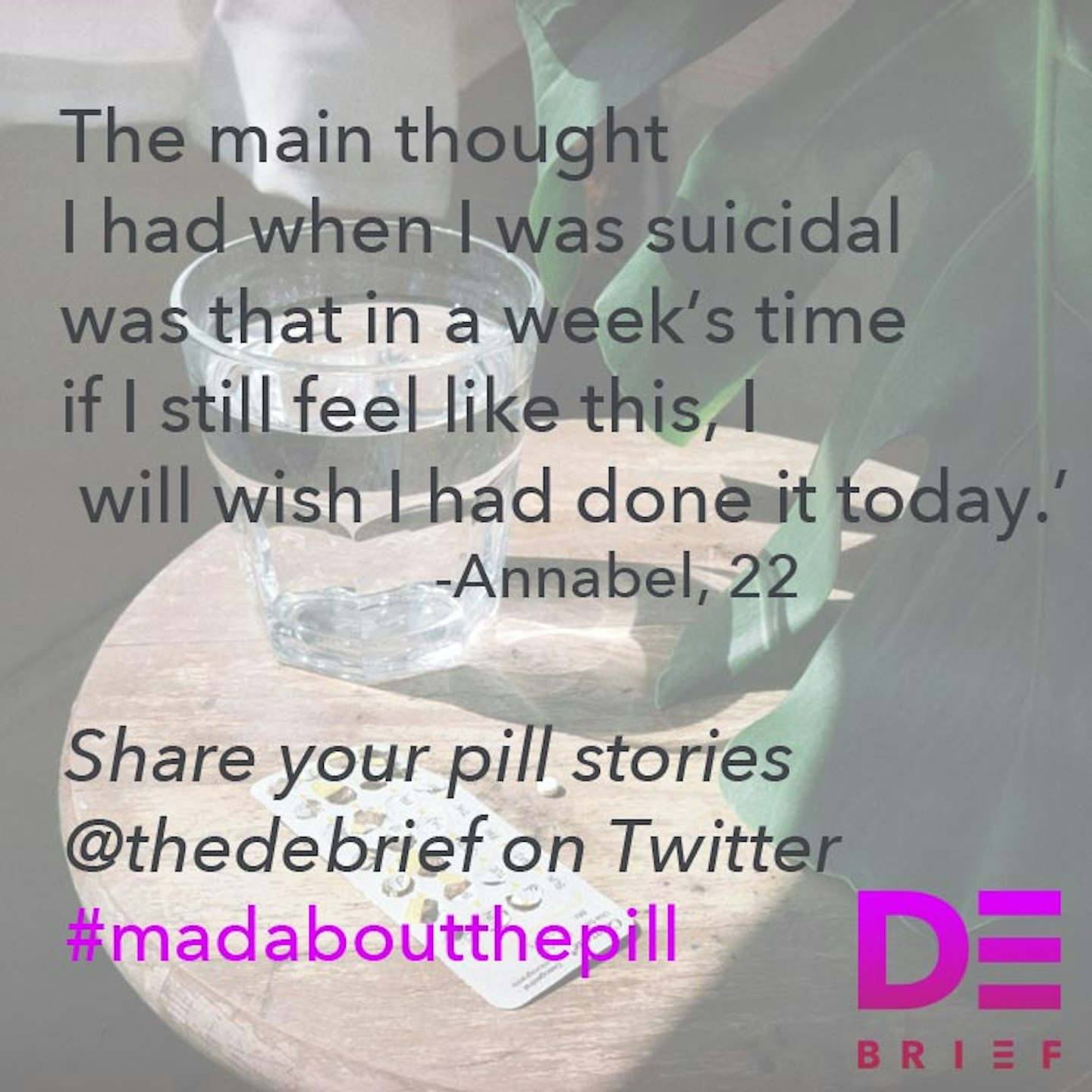 6 of 9
6 of 9Debrief Mad About The Pill Stats
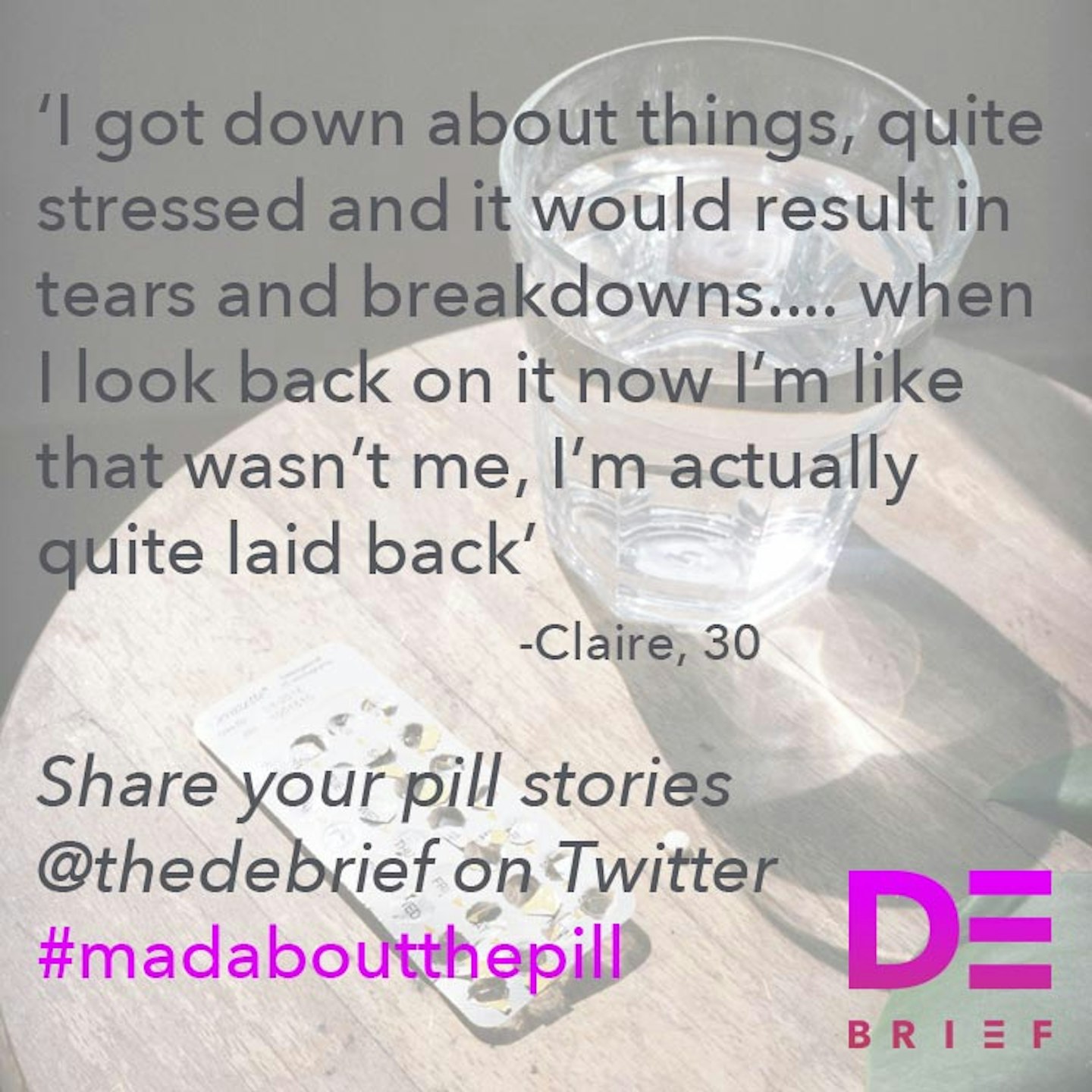 7 of 9
7 of 9Debrief Mad About The Pill Stats
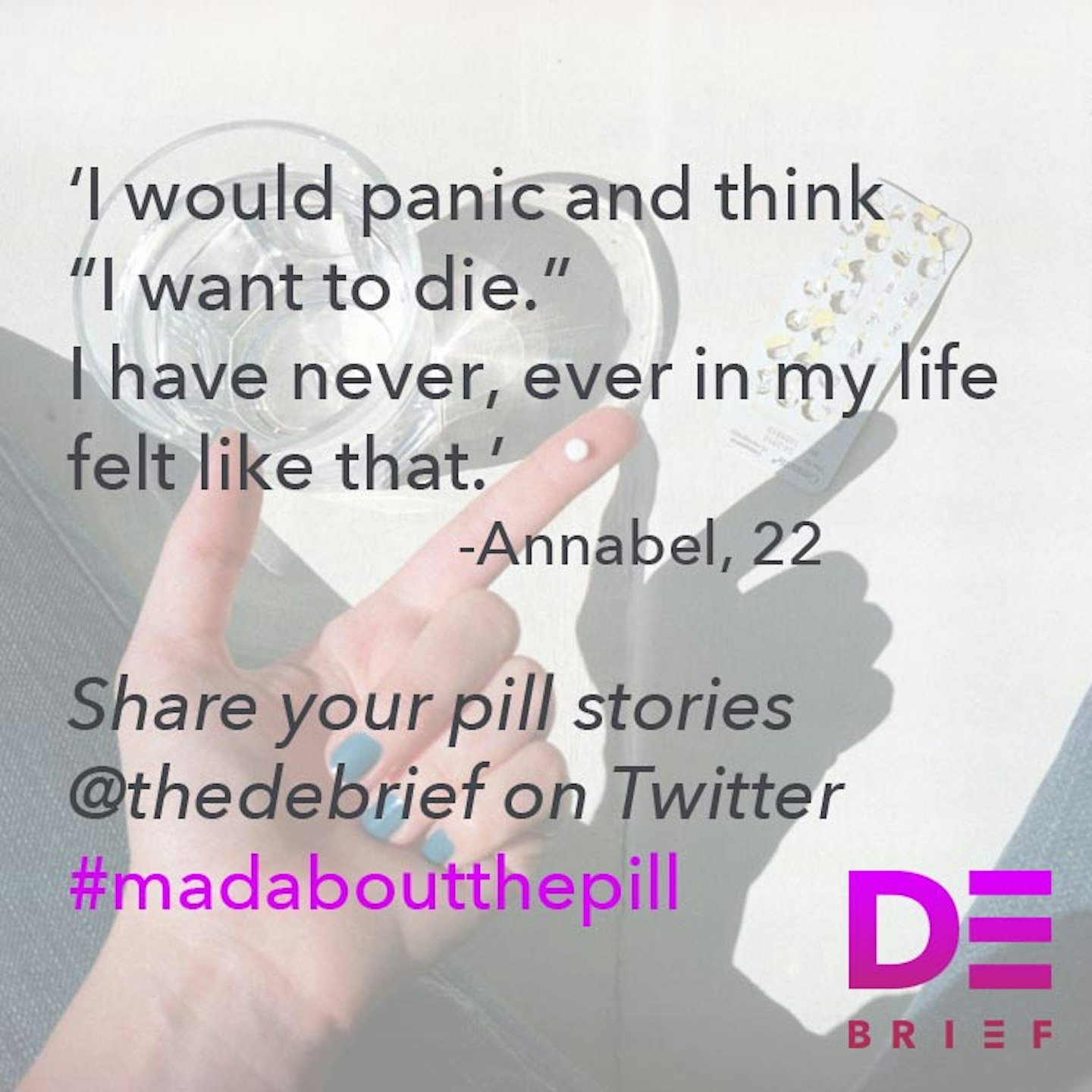 8 of 9
8 of 9Debrief Mad About The Pill Stats
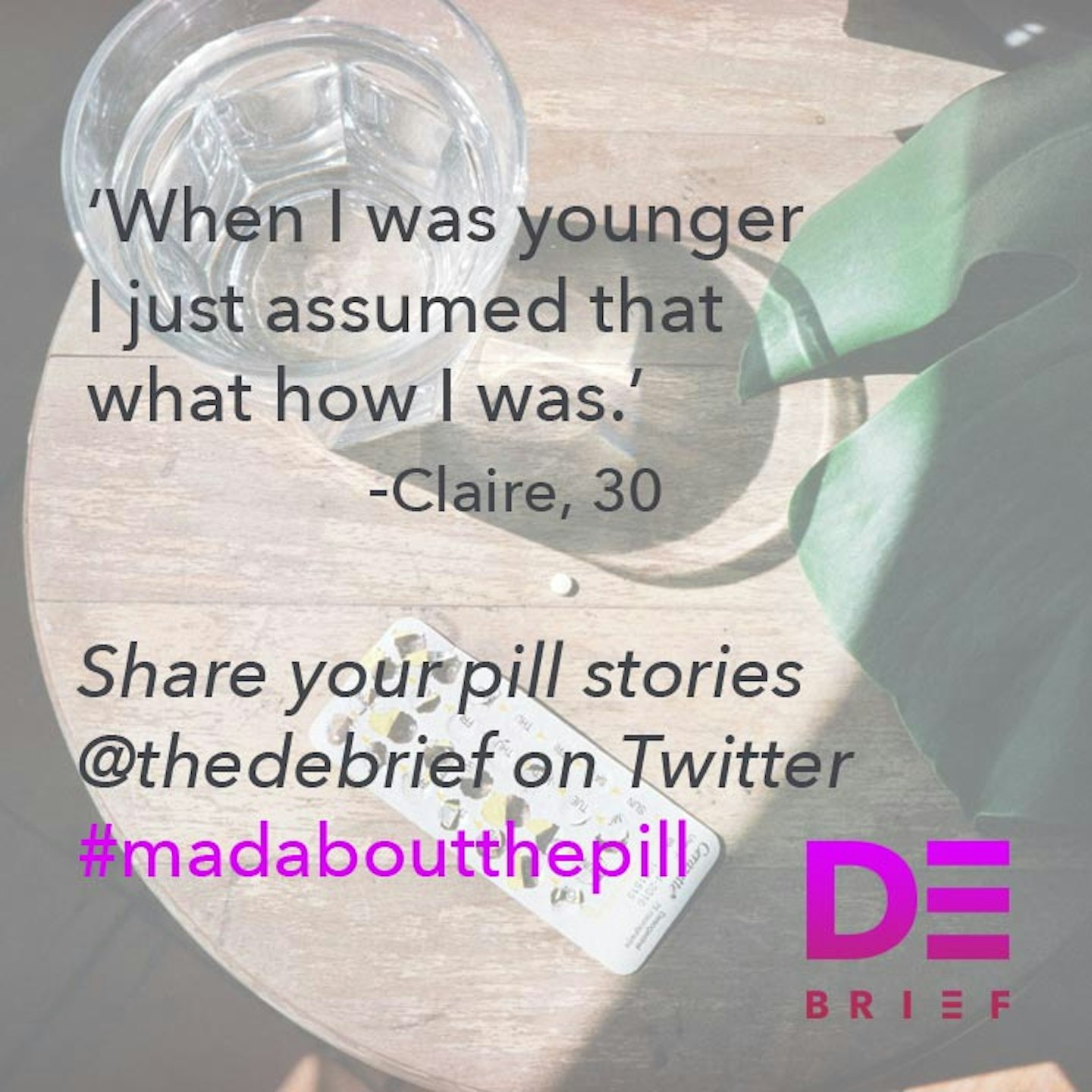 9 of 9
9 of 9Debrief Mad About The Pill Stats
Women, despite all of the progress enable by multiple waves of feminism, are still expected to oversee the private sphere of the home and the emotional lives of those in our orbit as well as ‘bossing it’ in the public sphere of work. Today, we’re also told to look as Instagrammable as possible while we do all of this or, at least, this is how I feel. ‘The dual role stress is an acknowledged phenomenon’ Professor Tangey says when I monologue about all of my various stresses, ‘it’s the feeling of there never being enough of you to go around…that we are overcommitted and also drawn to take care of others which takes time and effort. [For women], it’s a complicated situation.’
I ask her whether we could possibly, unintentionally, be inducing guilt in one another by presenting what appear to be reasonably perfect versions of our lives online? I’ve always internalised a lot of guilt but I have noticed that it seems to be at an all-time high recently, could it be social media? ‘For twenty years now’ she says ‘there has been a big hole in the research on shame and guilt, so most of what we focus on what happens when you feel guilty but it hasn’t really looked at inter-personal attempts to induce guilt in some way – that’s a really interesting topic.’
And so, there it is – the majority of the guilt that turns my brain into a pinball machine in which my emotions ricochet off one another at the speed of light is, indeed, misplaced. I haven’t actually wronged anyone even though I regularly feel that I really have. In reality, my guilt is self-imposed.
‘I’m reminded of Carolyn Zahn-Waxler’s classic studies of the daughters of depressed mothers’ says Professor Tangey ‘she uncovered a kind of role reversal in those circumstances. The daughters would feel guilty because they could not make their mothers better. It’s not rational for them to expect or be expected to take care of their parent’. On a smaller scale, she reflects ‘women who are now trying to balance relationships, friendships and even parental responsibilities with work may feel that there is never enough of them to go around. We have this damaging idea that we are supposed to do it all – work, bake cookies and craft our own wrapping paper from scratch thanks or whatever while balancing 40-plus hour a week jobs’.
The remedy? ‘It’s about stepping back’ Professor Tangey says ‘step back and ask what’s really realistic to expect of yourself and then simplify, simplify, simplify. There’s rational guilt which can be addressed, confronted and resolved and then there is misplaced guilt. Misplace guilt is hard to resolve, that’s why it’s helpful to step back and ask “what am I feeling guilt about and is it realistic?” Stop and say to yourself “why do I feel like this”?’
Guilt can be beneficial but it can also be damaging if it is unwarranted. Human beings have long been drawn in by this emotion, which is closely connected to our ability to empathise with one another. Aristotle theorised that one of the reasons that people enjoy watching tragedy is that looking on as a tragic hero falls into an increasing state of isolation because of their guilt, stalked by inevitable retribution, those who watch the drama are united and, momentarily, we are redeemed. The act of watching such a story is in itself cathartic.
If you’re caught in a cycle of misplaced guilt, though, there is no release and no catharsis and that has to be as good a reason as any to step back and let it go.
**Follow Vicky on Twitter **@Victoria_Spratt
Photo by Rosanna Jones @rosannajonez
This article originally appeared on The Debrief.
